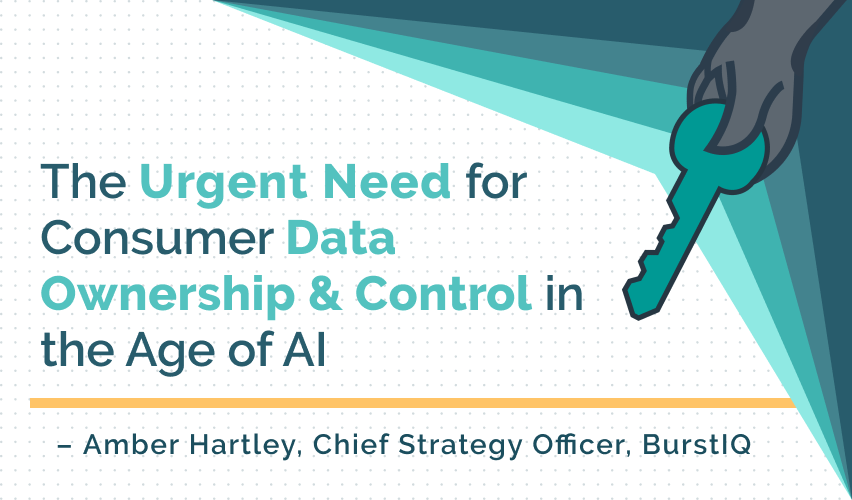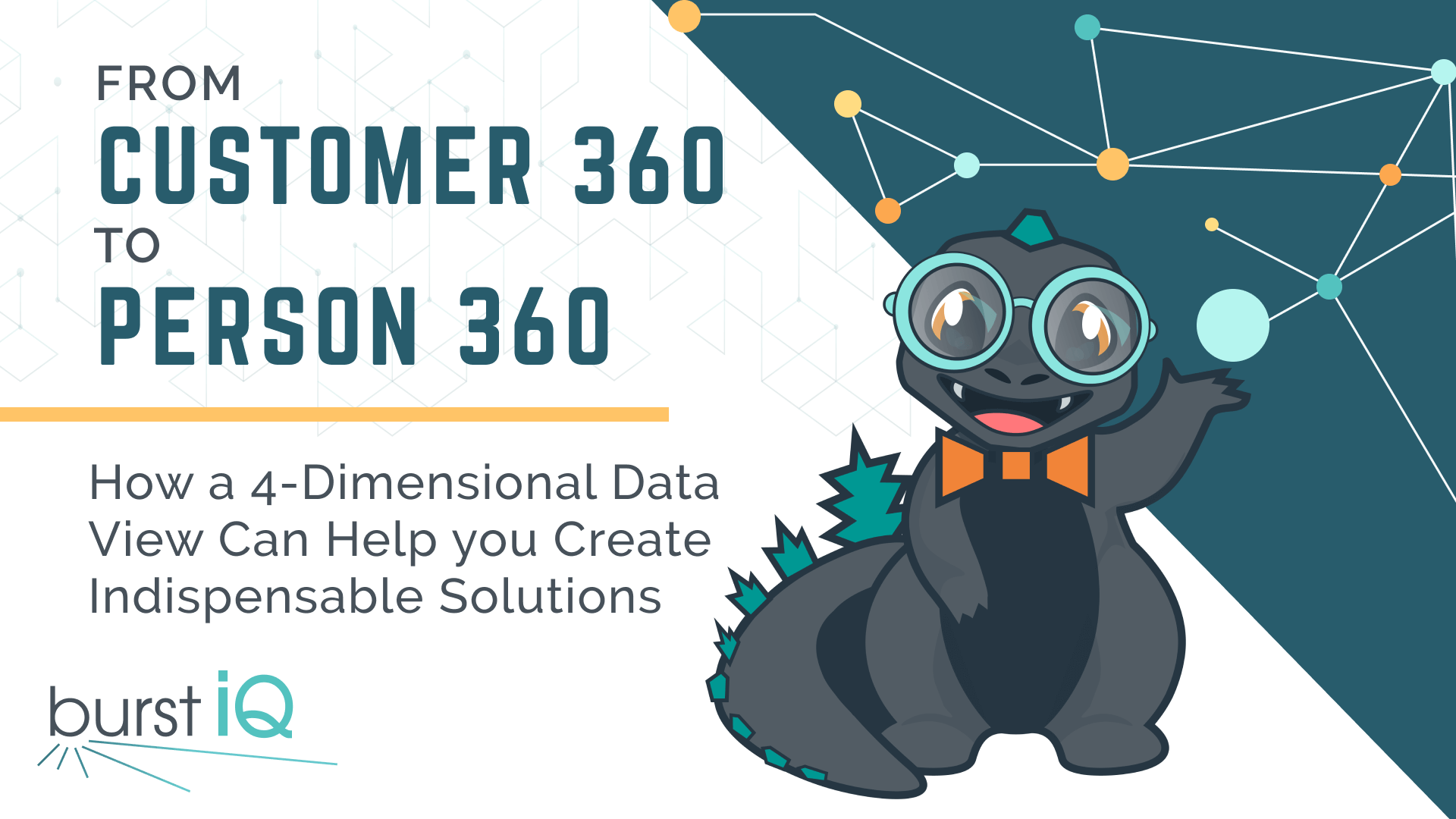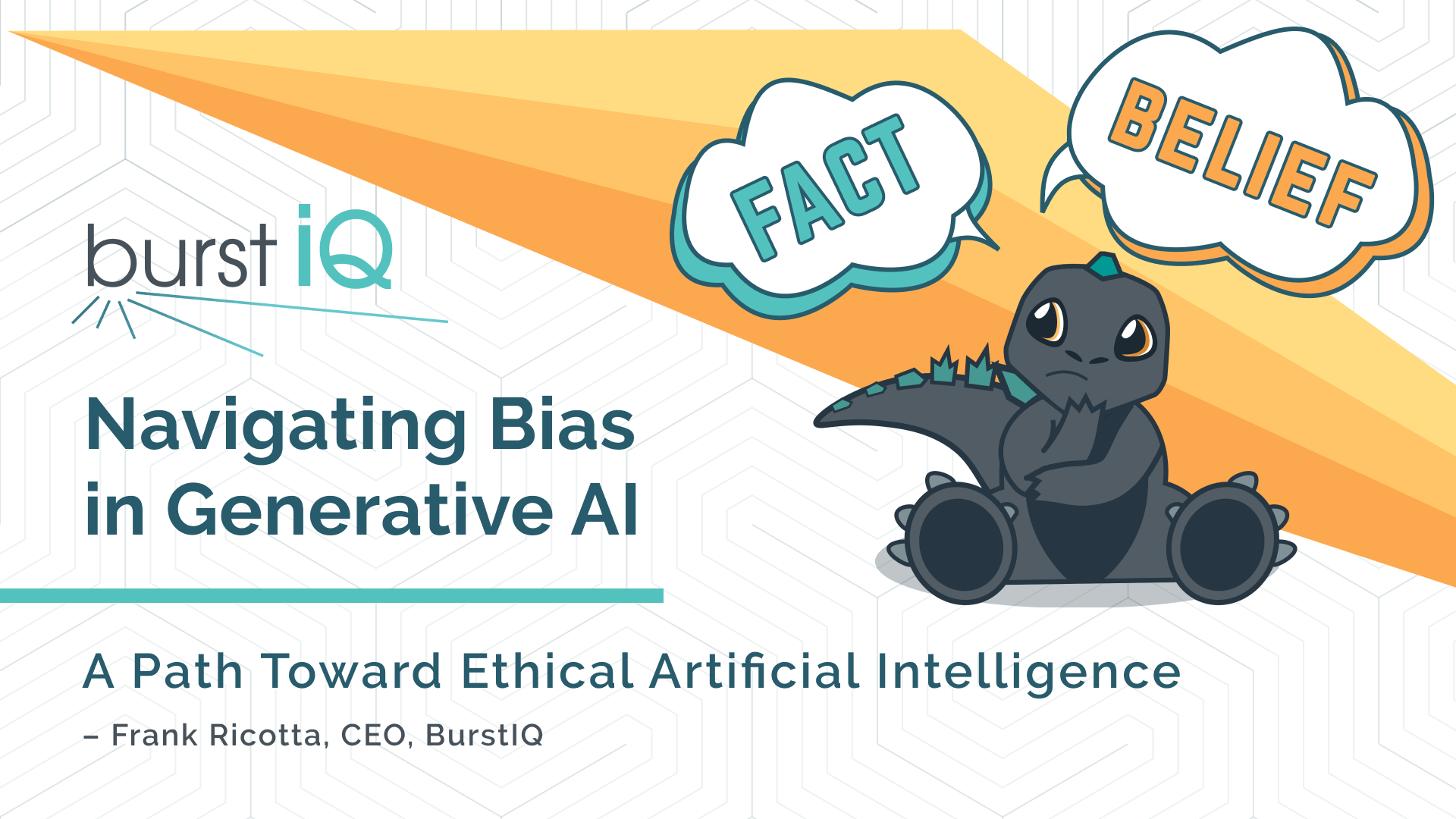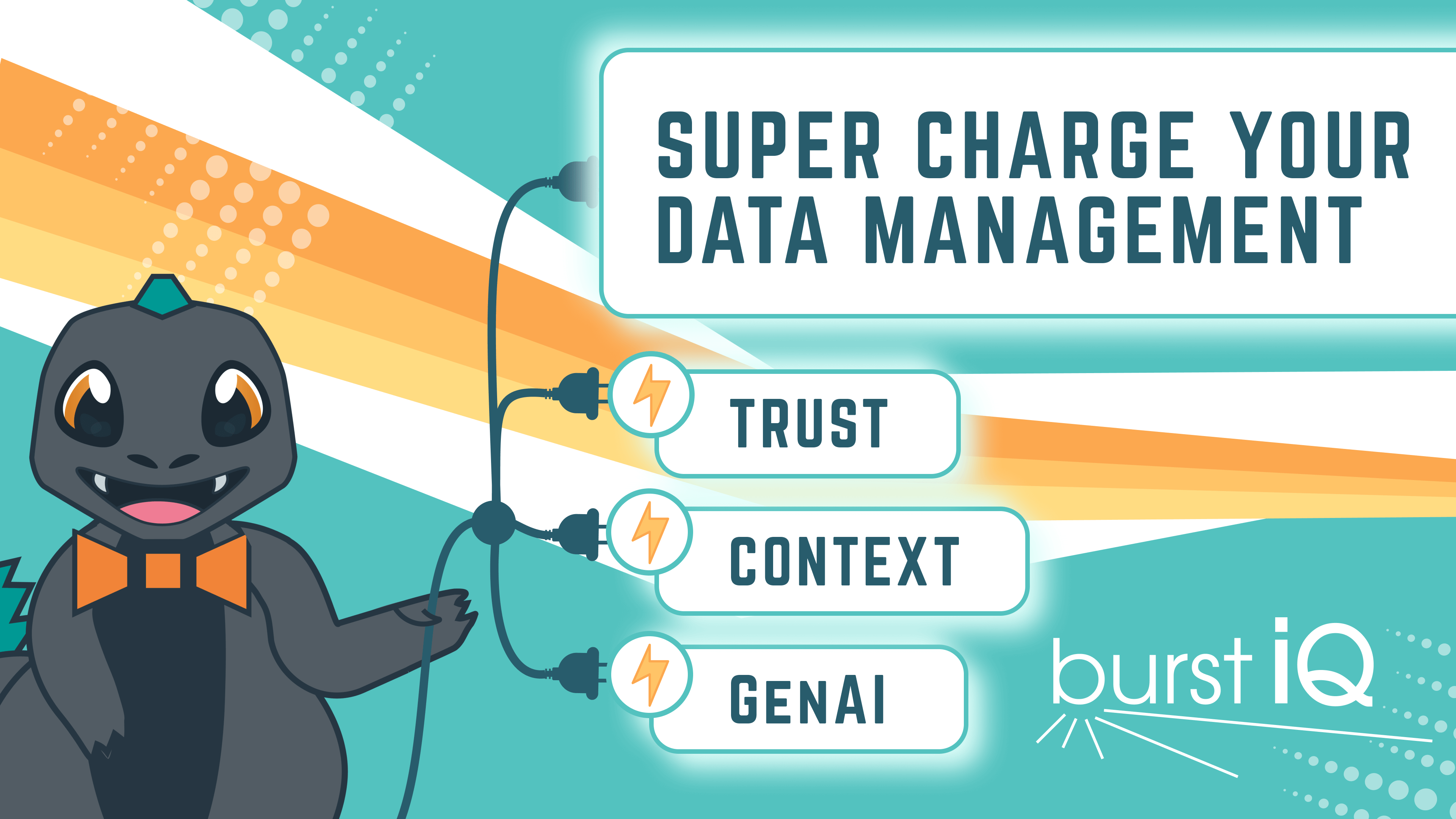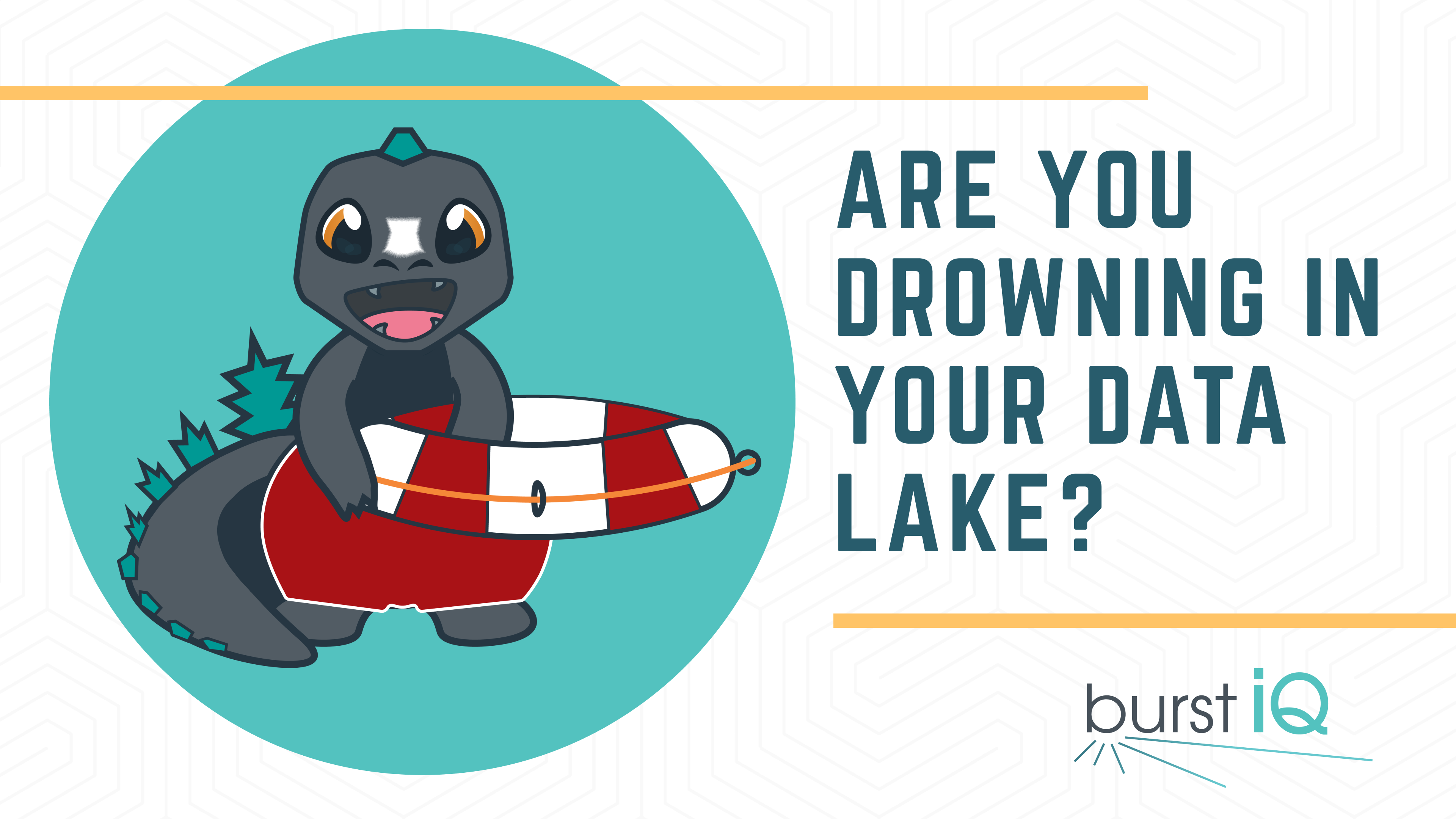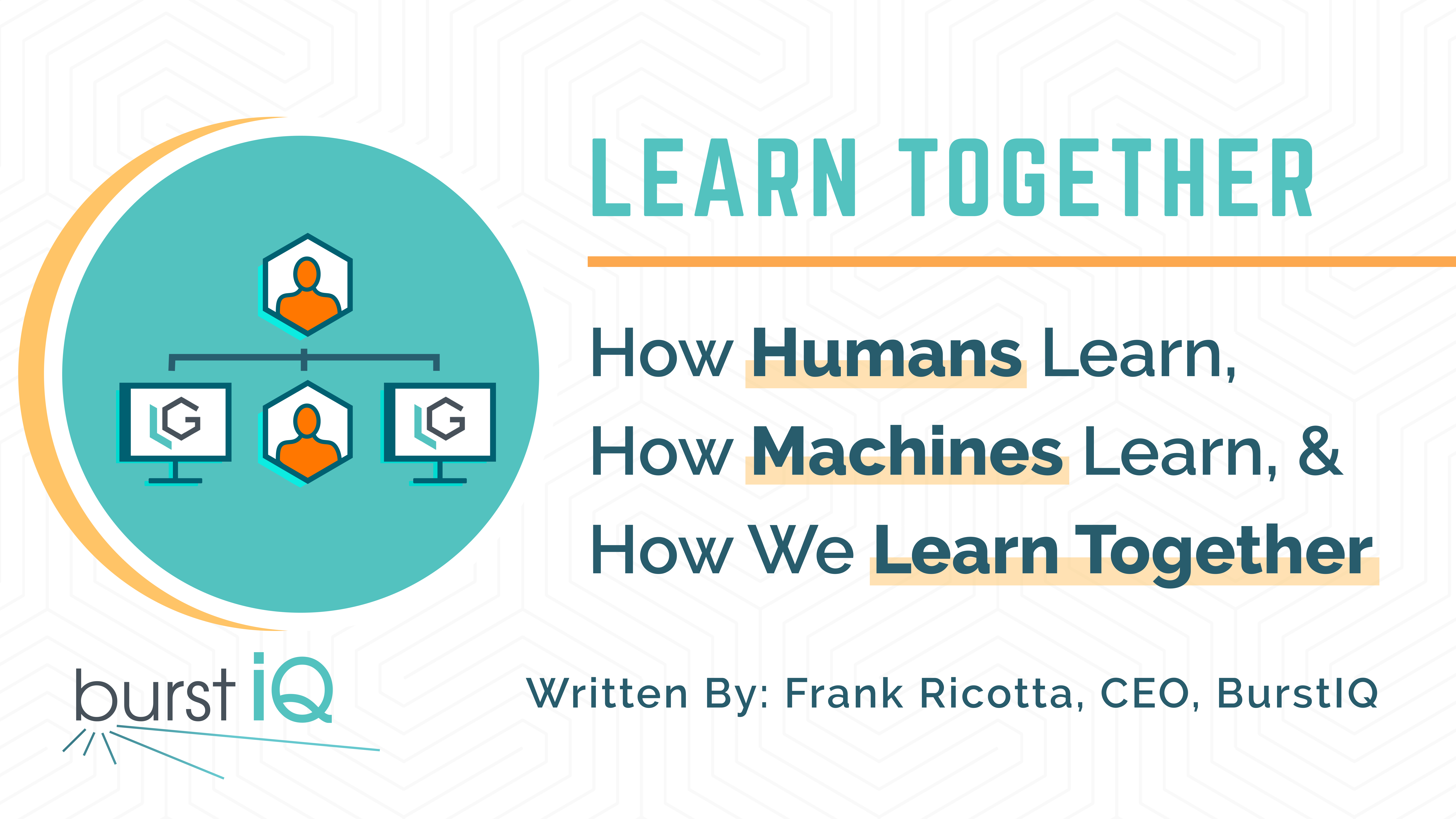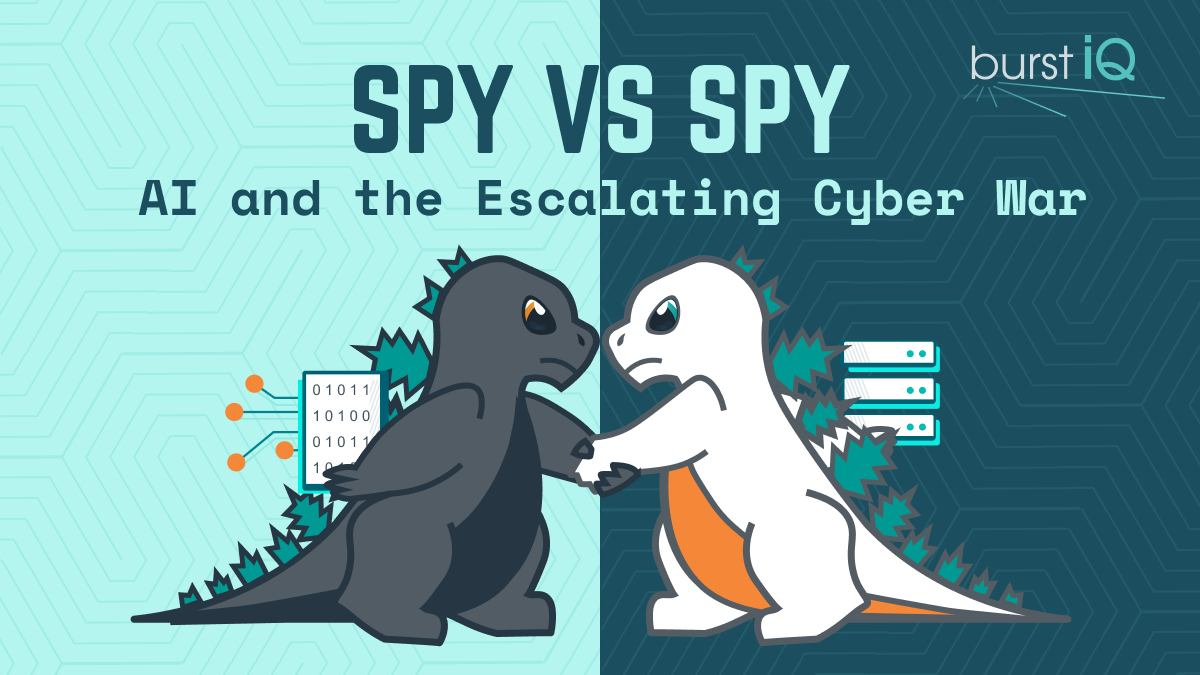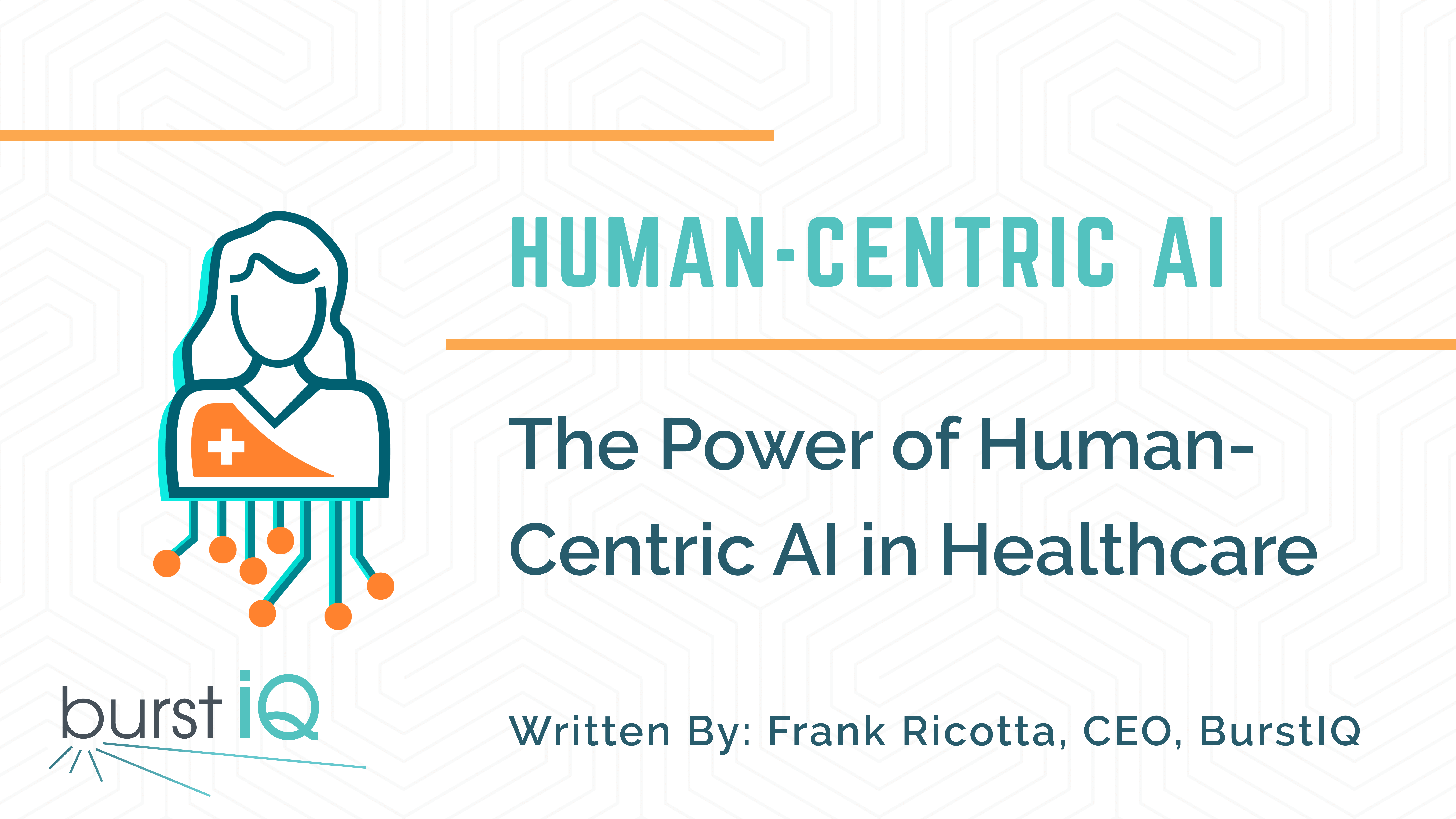Ground-Breaking COVID-19 Data Challenge with BurstIQ, American Heart Association and Hitachi Marks the Beginning of a New Paradigm in Health Research
By Amber Hartley
There’s no denying that in times of crisis, everyone comes together to help fight a common threat. We get to see humans at their best – people help each other not out of self-interest, but out of a collective understanding that, in order for our society to weather the storm, we need to take care of one other. Charitable giving increases, neighbors provide food and shelter for each other, and experts work long hours to find solutions.
The medical community obviously sits on the frontlines of the current COVID-19 crisis. But their struggle isn’t just to treat patients. They are working to understand everything they can about this virus: how it behaves, who it affects, and how we need to respond to it.
It’s an “All Hands on Deck” moment; one that requires all of us to identify what knowledge, time, or resources we have available, and then to use it for the greater good. And while the goal is certainly to help save lives now, it is also to prepare ourselves so that we are better prepared for the next crisis – to save lives in the future.
Unequivocally, solving a crisis like this requires the medical community to work together with a strong sense of resolve and collective purpose. To Share. To Collaborate.
The COVID-19 data challenge that was recently announced by BurstIQ, the American Heart Association, and Hitachi Vantara seeks to achieve this very purpose. The challenge is designed to provide researchers with access to the resources and tools for collaboration and shared learning, so that we can accelerate the pace of discovery, create more effective treatments, build critically-needed technologies faster.
COVID-19 compounds existing health challenges
4.1 million people around the world have tested positive for COVID-19, according to the latest data from the World Health Organization (WHO). In the United States alone, there are now 1.3 million confirmed cases.
The most prominent and concerning trend is the disproportionate impact that COVID-19 has on people with underlying health conditions and people of color. “People living in under-resourced communities, particularly African Americans and U.S. Hispanics, appear to be dying of COVID-19 at disproportionately high rates,” said Jennifer Hall, Ph.D., chief of data science for the American Heart Association.
“They’re more likely to have underlying health conditions such as high blood pressure, diabetes, heart disease, and obesity.”
Two recent reports by the CDC have borne this out, indicating that African-Americans and Hispanics, as well as people with underlying medical conditions, are significantly more likely to be hospitalized and more likely to die from COVID-19.
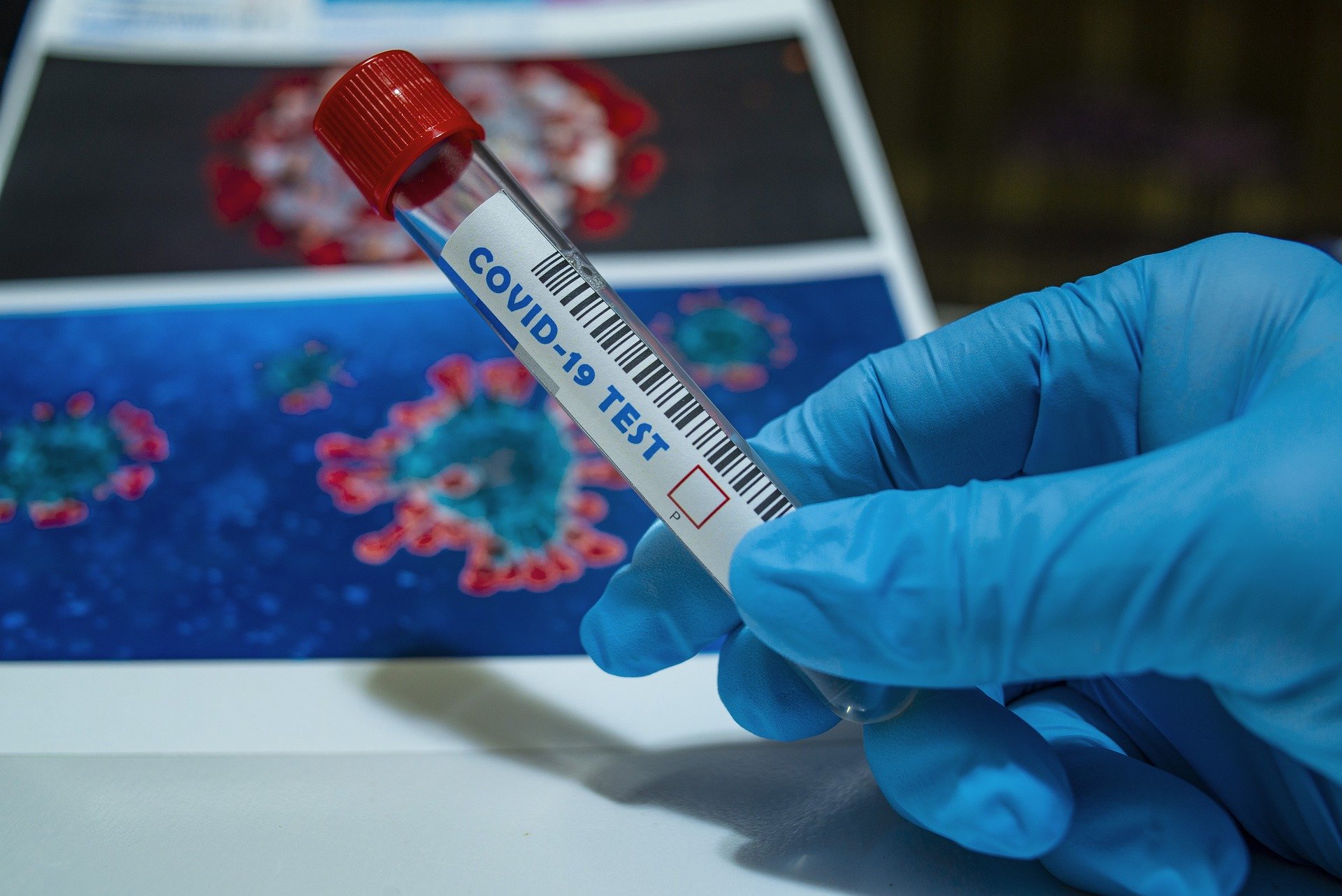
Given that chronic health conditions are more prevalent in people of color, largely due to disparities in socioeconomic status, people of color carry a compounded risk with regard to COVID-19. This is layered with a deeper and more systemic trend regarding racial disparities in the healthcare system, as outlined in the landmark 2003 Institute of Medicine paper, Unequal Treatment: Confronting Racial and Ethnic Disparities in Health Care.
The challenge before the medical community today is to understand whether the current statistics regarding underlying health conditions and people of color are a direct extension of broader risks and disparities, or whether there is something else going on. And most importantly, regardless of the cause, our challenge is to fix it.
The importance of working together
This challenge requires that we bring together many different types of data and areas of expertise. Underlying health conditions and health disparities for people of color have both been linked to many different factors: socioeconomic status, lack of access to services, implicit bias, and much more. This suggests that gaining a deep understanding of why COVID-19 disproportionately impacts people with underlying health conditions and people of color, and more importantly, how to solve it, requires not just an examination of clinical and personalized medicine data, but also operational data, social determinants of health (SDH) data, environmental data, and even human behavior data. It requires us to view these data sources not in isolation, but as an interconnected web of factors that influence and are influenced by each other.
This type of interdisciplinary analysis requires collaboration between experts in each of these areas, so that we can learn from each other and build a more complete understanding.
The BurstIQ, AHA and Hitachi Vantara data challenge
This is why BurstIQ is collaborating with the American Heart Association and Hitachi Vantara on this COVID-19 data challenge initiative. The challenge is specifically focused on testing the relationships between COVID-19 and other health conditions, as well as health disparities and social determinants of health that bring a higher burden of illness or mortality based on factors such as ethnicity, gender, geography or income.
BurstIQ provides secure data management solutions that use blockchain-based technology to build multi-dimensional profiles and connections between many different kinds of data. We provide researchers and innovators with the tools to access data, share data, and collaborate with each other more easily. We are also making global COVID-19 datasets available through our open data network, Research Foundry, to aid researchers and data analysts in learning why the virus disproportionately impacts certain communities more than others.
The American Heart Association (AHA) is the country’s largest voluntary health organization, dedicated to helping people lead longer, healthier lives. BurstIQ’s secure data sharing tools and COVID-19 datasets will be made available to users of AHA’s Precision Medicine Platform.
AHA’s platform is a centralized hub that provides cardiovascular and stroke research information to data analysts. It contains vast and diverse datasets and offers researchers accessed to unparalleled analytical tools in a secure cloud-based environment.
Created in 2016, the Precision Medicine Platform was co-developed by the American Heart Association and Hitachi Vantara. The company is providing over $100,000 in funding for awards to support the two-step data challenge.
Building a new model for health research
The goal behind the COVID-19 data challenge is two-fold. In the near term, the challenge seeks to accelerate and incentivize research into COVID-19 and produce solutions that reduce the disproportionate impact that COVID-19 has on people of color and people with underlying health conditions.
In the longer term, the goal of this challenge is to support the medical community’s shift into a new paradigm of research. The healthcare industry is acutely aware of how interconnected our broader world is and the strong impact that non-medical factors have on medical outcomes. We are also acutely aware of the need to bridge medical data together with non-medical data. The COVID-19 data challenge seeks to create a framework for achieving that, and for enabling diverse research communities to connect with each other, collaborate, and create.
The knowledge gained from the COVID-19 data challenge will have impacts that extend far beyond COVID-19. Both Precision Medicine Platform and Research Foundry are helping to reshape how the medical community approaches research. Together, we are ushering in an era of secure, transparent, and global collaboration that will accelerate our understanding of health and positively impact the lives of millions of people worldwide.

